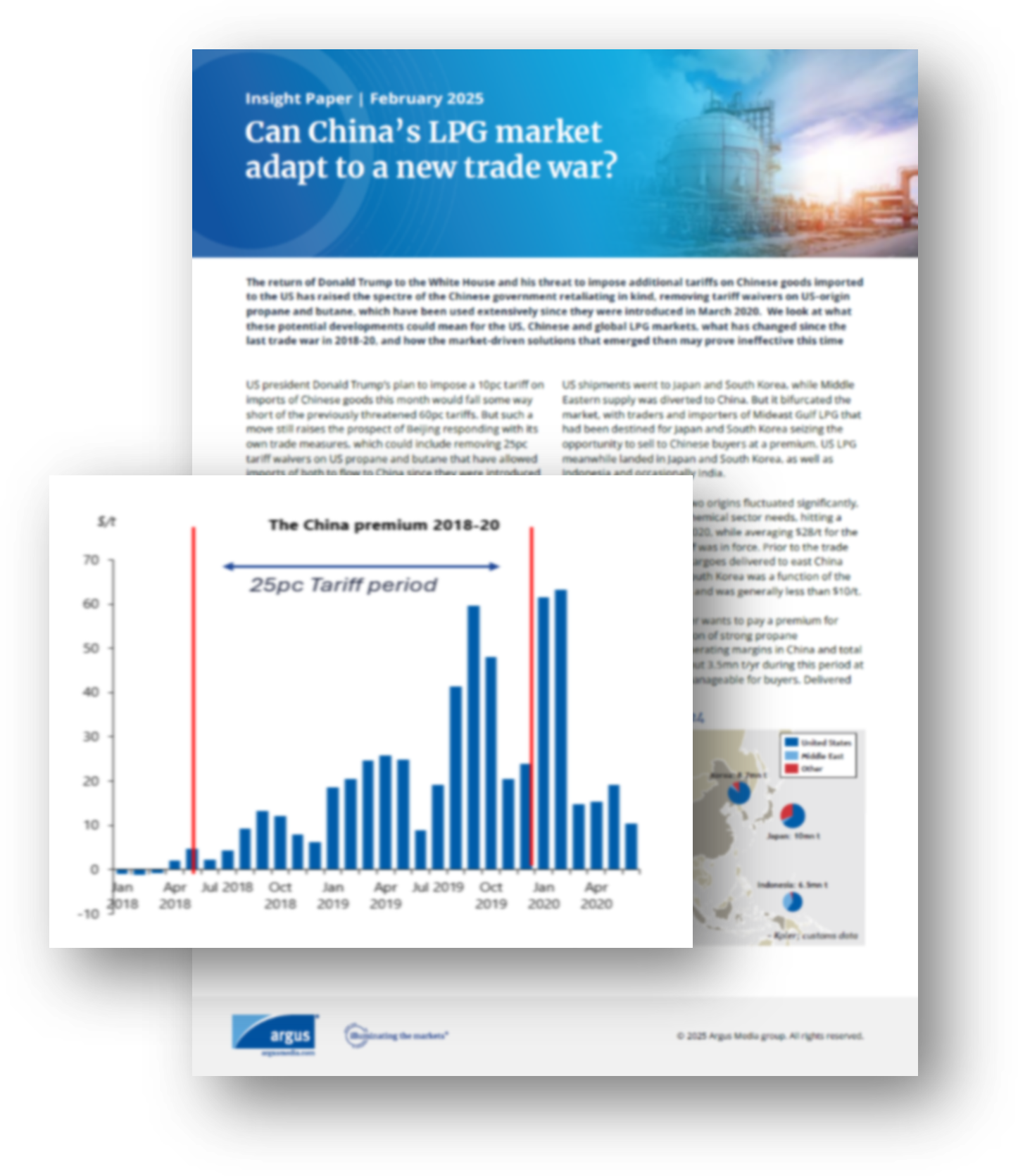OpenAI, FTC, AI regulation, data privacy, consumer protection, antitrust, investigation, generative AI, ChatGPT, and algorithmic bias.

OpenAI, FTC, AI regulation, data privacy, consumer protection, antitrust, investigation, generative AI, ChatGPT, and algorithmic bias.
The FTC investigation into OpenAI stems from several key concerns related to data security, deceptive practices, and potential consumer harm. The agency is scrutinizing OpenAI's operations across multiple fronts.
Data Collection Practices: The FTC is examining whether OpenAI's data collection methods comply with existing consumer protection laws. This includes assessing the transparency of data collection, the purpose for which data is collected, and the security measures in place to protect user information. Concerns exist about the potential for unauthorized access or misuse of sensitive data.
Potential for Misinformation: OpenAI's generative AI models, particularly ChatGPT, are capable of producing outputs that may be inaccurate or misleading. The FTC is likely investigating whether OpenAI has adequately addressed the risk of consumers being harmed by false or deceptive information generated by its systems. This includes evaluating the measures taken to prevent the spread of misinformation and the potential for malicious use of the technology.
Data Security and Safeguards: A key aspect of the investigation involves evaluating the security measures OpenAI has in place to protect user data from unauthorized access, breaches, or cyberattacks. The FTC will likely assess the company's data encryption protocols, vulnerability management practices, and incident response plans. Failure to adequately protect user data could result in significant penalties.
Deceptive or Unfair Practices: The FTC is also exploring the potential for OpenAI's technology to be used for deceptive or unfair business practices. This could include instances where the technology is used to manipulate consumers or engage in fraudulent activities. The investigation will likely assess OpenAI's internal controls and compliance programs designed to prevent such abuses. Legal precedents related to deceptive trade practices will be heavily considered in the FTC's assessment. Potential penalties for violations could range from fines to cease-and-desist orders.
Data privacy is a central theme in the FTC's investigation of OpenAI. The agency is examining OpenAI's compliance with various data privacy regulations, including the General Data Protection Regulation (GDPR) in Europe and the California Consumer Privacy Act (CCPA) in the United States.
Compliance with Data Privacy Regulations: The investigation will delve into OpenAI's adherence to the principles of data minimization, purpose limitation, and data security as outlined in these regulations. Audits of OpenAI's data processing activities will be conducted to ensure compliance.
User Consent and Transparency: The FTC will scrutinize OpenAI's mechanisms for obtaining and documenting user consent for data collection and processing. This includes examining the clarity and comprehensibility of privacy policies and the methods used to obtain informed consent from users.
Algorithmic Bias and Discrimination: The FTC's investigation will assess the potential for bias or discrimination in OpenAI's algorithms. This involves evaluating whether the algorithms disproportionately disadvantage certain groups based on factors like race, gender, or socioeconomic status. Addressing algorithmic bias is a critical aspect of ensuring fairness and equity in AI systems.
Transparency of Data Processing Methods: The investigation will also examine the transparency of OpenAI's data processing methods. This includes evaluating whether OpenAI provides users with sufficient information about how their data is being collected, used, and shared. Increased transparency is crucial for building trust and accountability.
The FTC's investigation extends beyond data privacy to encompass potential antitrust concerns. OpenAI's rapid advancement and influence in the generative AI market have raised questions about its market dominance and the potential for anti-competitive practices.
Market Dominance and Stifling Competition: The FTC may investigate whether OpenAI's significant market share in generative AI is stifling competition and innovation within the industry. This involves analyzing OpenAI's market power and assessing whether its actions are preventing the entry of new competitors or hindering the growth of existing ones.
Anti-competitive Business Practices: The investigation could focus on OpenAI's business practices to determine whether they are anti-competitive. This might include examining exclusive deals, predatory pricing strategies, or the suppression of rival technologies. The FTC will carefully analyze OpenAI's actions to ensure they comply with antitrust laws designed to promote a fair and competitive market.
Preventing Monopolies and Ensuring Fair Competition: The FTC's investigation aims to prevent the establishment of monopolies and ensure fair competition in the rapidly evolving AI landscape. This involves analyzing whether OpenAI's actions are hindering innovation and harming consumers. The outcome will likely shape future regulations aimed at preventing anti-competitive behavior in the AI sector.
The FTC's investigation into OpenAI will have far-reaching implications for the future of AI development and regulation. The outcome of this case will set a precedent for how other AI companies will be scrutinized and regulated, shaping industry standards and best practices.
Future of AI Regulation: This investigation will significantly influence the future landscape of AI regulation. Governments worldwide are grappling with how to regulate AI effectively, and the FTC's findings will serve as a crucial case study.
Setting Precedents for Other AI Companies: The FTC's investigation will set a precedent for how other AI companies will be examined, influencing their data practices, algorithmic transparency, and overall compliance with regulatory frameworks. This will likely lead to increased scrutiny and a need for greater accountability across the AI industry.
Industry Standards and Best Practices: The investigation will likely accelerate the development of industry standards and best practices for AI development and deployment. This will involve establishing guidelines for data privacy, algorithmic transparency, and the prevention of bias and discrimination.
Ethical Considerations in AI: The FTC's investigation highlights the crucial need for ethical considerations in AI development. It underscores the importance of building AI systems that are not only technically sound but also fair, transparent, and beneficial to society. The investigation will likely stimulate discussions around responsible AI development and deployment, prompting a reassessment of ethical frameworks.
The FTC's investigation into OpenAI is a watershed moment for the AI industry. The outcome will significantly shape the future of AI regulation, impacting data privacy, consumer protection, and competition. The probe's focus on data practices, potential bias, and market dominance underscores the urgent need for ethical and responsible AI development. Understanding the nuances of this ongoing OpenAI and the FTC investigation is crucial for anyone involved in, or interested in, the field of artificial intelligence. Stay informed about further developments in this crucial case, and ensure your own AI practices are compliant with evolving regulations. By staying informed about OpenAI and FTC developments, you can proactively ensure responsible and compliant AI practices.

 Living With A 77 Inch Lg C3 Oled A Long Term Review
Living With A 77 Inch Lg C3 Oled A Long Term Review
 How Trumps Presidency Will Shape Zuckerbergs Future
How Trumps Presidency Will Shape Zuckerbergs Future
 Navigating Trade Wars Chinas Lpg Sourcing Strategy And The Rise Of The Middle East
Navigating Trade Wars Chinas Lpg Sourcing Strategy And The Rise Of The Middle East
 Analyzing The Canadian Dollars Performance Against Global Currencies
Analyzing The Canadian Dollars Performance Against Global Currencies
 Chinas Rare Earth Export Curbs Hamper Teslas Optimus Robot Development
Chinas Rare Earth Export Curbs Hamper Teslas Optimus Robot Development